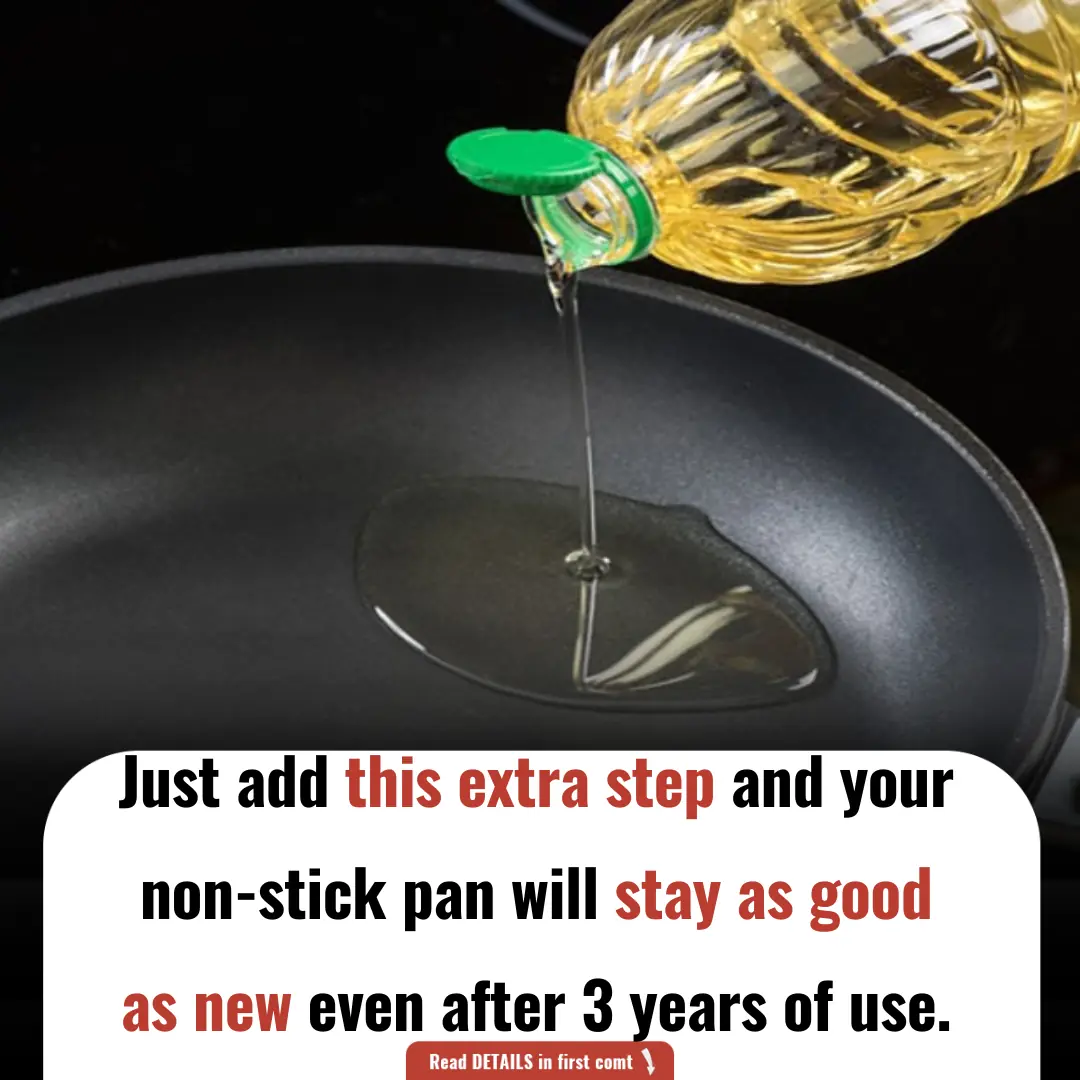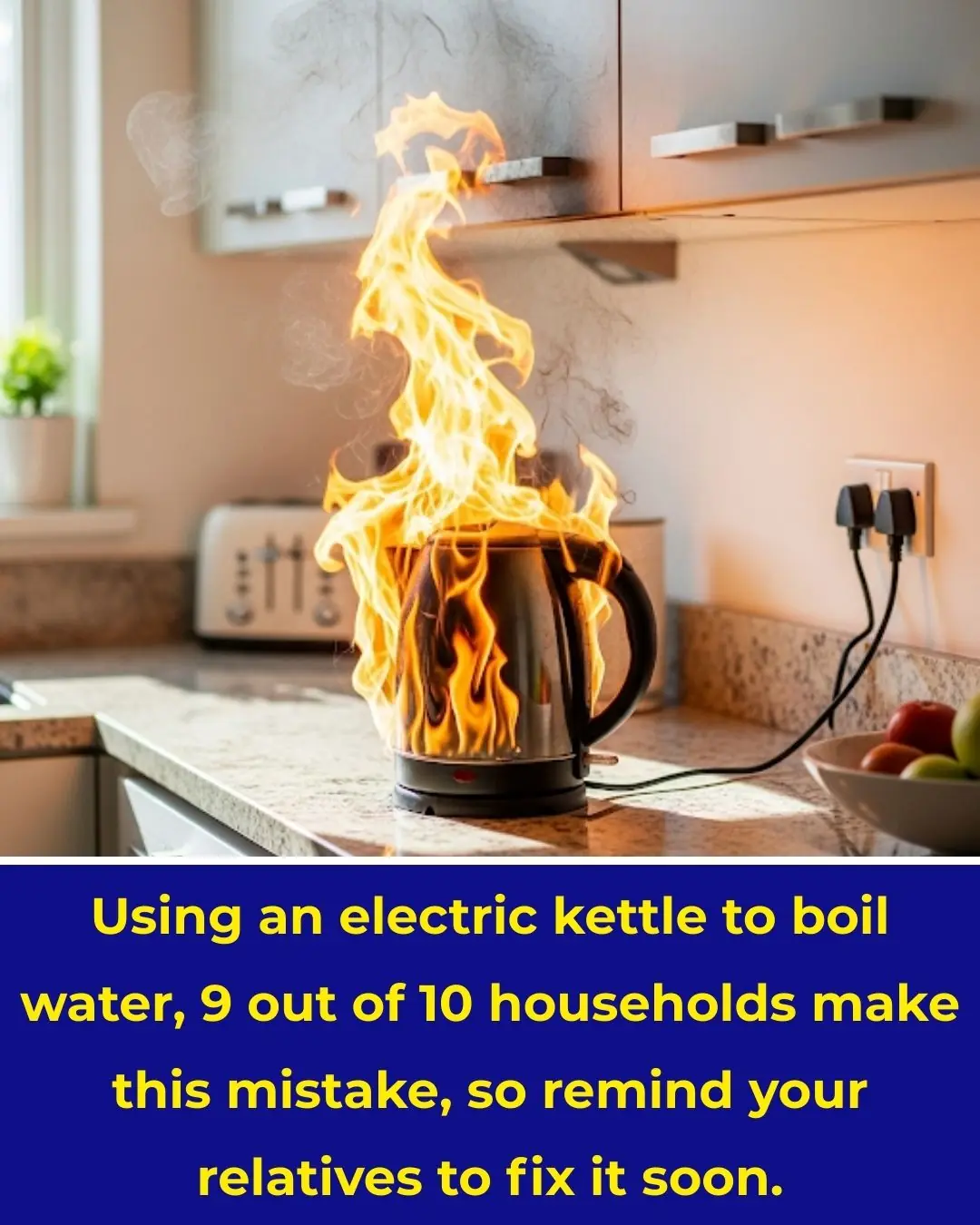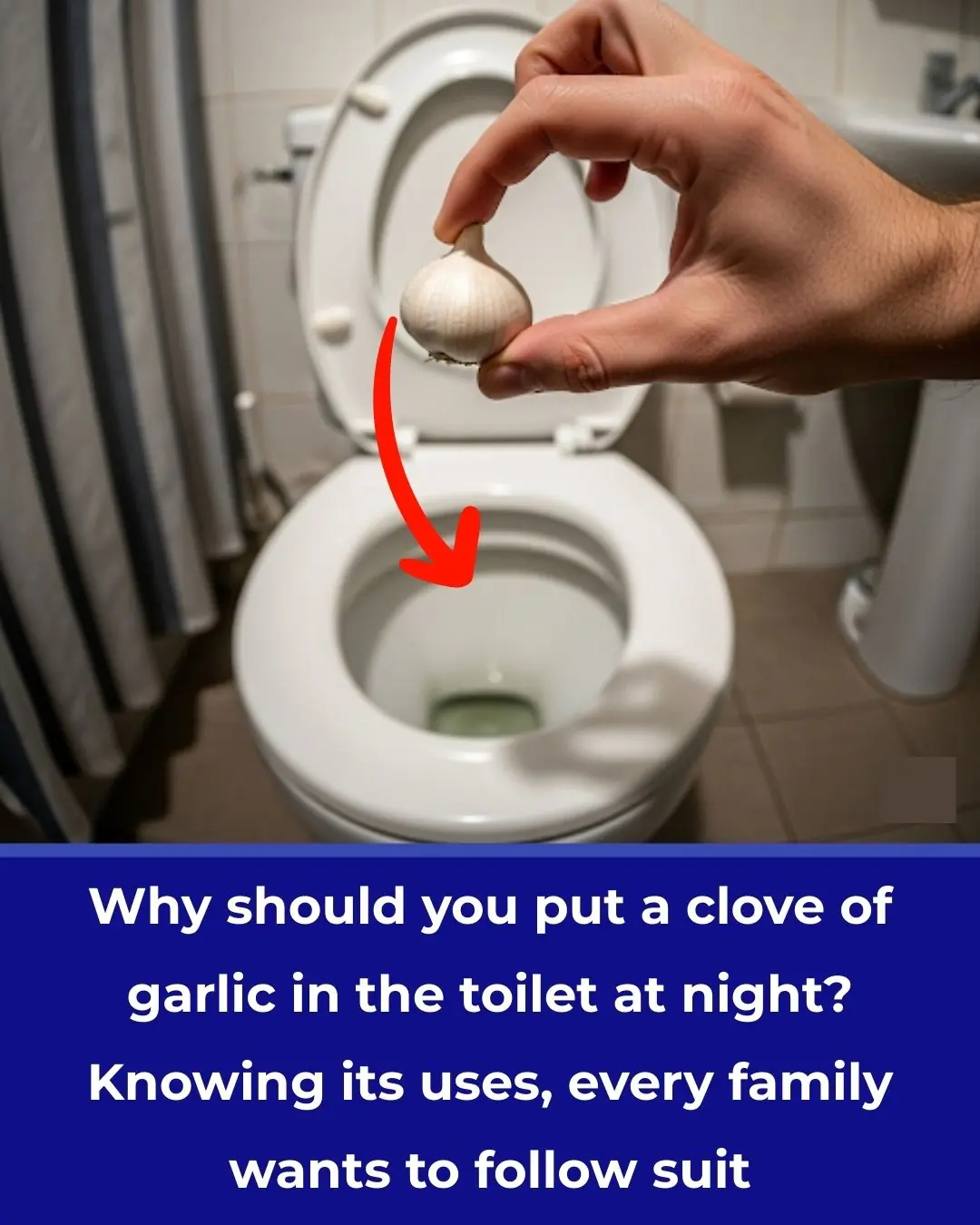
Smart Tips for Boiling Eggs: Prevent Cracks, Easy to Peel, and How to Time Them Perfectly
Boiling eggs may seem like one of the simplest tasks in the kitchen, but achieving the perfect egg, whether it's soft-boiled or hard-boiled, can sometimes be tricky. Many people struggle with cracked shells, eggs that are hard to peel, or overcooking them. Fortunately, with a few smart tips and tricks, you can perfect your boiled eggs every time. In this article, we’ll explore how to prevent eggs from cracking, make them easier to peel, and perfect the timing for the ideal consistency.
1. Preventing Cracked Shells
One of the most common issues people face when boiling eggs is cracked shells. Cracks not only make the eggs look unappealing but can also make peeling them more difficult. Here are a few tips to prevent cracking:
a. Start with Room Temperature Eggs
If you're using eggs directly from the refrigerator, the sudden change in temperature when placed in boiling water can cause them to crack. To avoid this, take your eggs out of the fridge 10-15 minutes before boiling them to let them come to room temperature. This helps prevent the shock of the temperature change, which can cause the eggs to crack.
b. Use a Spoon to Lower the Eggs into the Water
Instead of dropping the eggs directly into the pot, gently lower them using a spoon. This minimizes the risk of eggs hitting the bottom of the pot too forcefully and cracking. Alternatively, you can use a slotted spoon to gently place the eggs into the water one at a time.
c. Add Salt or Vinegar to the Water
Adding a teaspoon of salt or a splash of vinegar to the water can help prevent cracking. The salt or vinegar may help the eggshells stay intact during cooking and can also make peeling the eggs easier.
d. Don’t Overcrowd the Pot
Make sure the pot is large enough to comfortably fit the number of eggs you're boiling. Overcrowding the pot can cause the eggs to bump into each other or the sides of the pot, increasing the chances of cracks. Ensure there’s enough space for the eggs to move around freely in the water.
2. Easy-to-Peel Eggs
Peeling boiled eggs can sometimes feel like a challenge, especially when the eggs stick to the shell. Here are some tips to make peeling eggs easier:
a. Use Older Eggs
Fresh eggs are more difficult to peel than slightly older eggs. If you plan to boil eggs, try to use eggs that are a few days old. The pH level in the egg whites changes as eggs age, which helps the shell separate more easily from the egg white during peeling.
b. Ice Bath After Boiling
Once your eggs are done cooking, transfer them immediately into an ice bath or a bowl of cold water. Let them sit for at least 5 minutes. The cold water helps stop the cooking process and makes the egg contract slightly inside the shell, which can make peeling easier. The rapid cooling also helps loosen the shell from the egg white.
c. Crack and Roll the Eggs
After the eggs have cooled, tap them gently on a hard surface to crack the shell, then roll them lightly to loosen the shell all around. Start peeling from the wider end of the egg, where there is usually a small air pocket, which makes it easier to get under the shell.
d. Peel Under Running Water
Peeling the eggs under a gentle stream of running water can help remove any stubborn bits of shell. The water will also wash away any leftover membrane that may stick to the egg white, leaving you with a perfectly peeled egg.
3. Perfect Boiling Time: Soft vs. Hard Boiled Eggs
The key to the perfect boiled egg is timing. Whether you prefer soft-boiled or hard-boiled eggs, the right cooking time makes all the difference.
a. Soft-Boiled Eggs (Runny Yolk)
For soft-boiled eggs with a runny yolk and set whites, you need to be precise with your timing. Here’s how to achieve the perfect soft-boiled egg:
-
Bring the water to a boil: Start by bringing a pot of water to a rolling boil. Once it’s boiling, carefully lower the eggs in.
-
Timing: For soft-boiled eggs with a slightly runny yolk, cook for about 4-5 minutes. If you prefer a slightly firmer yolk but still soft, aim for 6-7 minutes.
-
Ice bath: As soon as the timer goes off, transfer the eggs to an ice bath for about 5 minutes to stop the cooking process.
b. Medium-Boiled Eggs (Creamy Yolk)
Medium-boiled eggs have a yolk that is mostly set but still a little creamy in the center. To achieve medium-boiled eggs:
-
Timing: Once the water is boiling, cook the eggs for 8-9 minutes. This will give you a firm white and a yolk that’s creamy but not fully set.
-
Ice bath: Immediately place the eggs in an ice bath to prevent further cooking.
c. Hard-Boiled Eggs (Fully Set Yolk)
For hard-boiled eggs with fully set yolks, follow these steps:
-
Bring the water to a boil: Just like with the other types, bring a pot of water to a boil before adding the eggs.
-
Timing: For hard-boiled eggs, cook the eggs for 10-12 minutes. This will result in fully cooked whites and yolks with no softness left.
-
Ice bath: Once the eggs are done, transfer them to an ice bath to cool and stop the cooking process. This also helps with peeling.
4. Adjusting for Altitude
If you’re cooking at high altitudes, you may need to adjust your boiling times slightly. The higher the altitude, the lower the boiling point of water, which can affect cooking times. To compensate for this, increase the cooking time by a couple of minutes for each type of boiled egg. It’s important to keep an eye on the texture and adjust as necessary.
5. Bonus Tip: Use an Egg Timer or Digital Thermometer
If you’re struggling to get the perfect boiled egg every time, consider using an egg timer or a digital cooking thermometer. An egg timer, which can be placed in the pot with the eggs, changes color according to the level of doneness. Alternatively, using a digital thermometer to check the internal temperature of the egg can give you an accurate idea of how cooked the yolk and whites are. For hard-boiled eggs, the internal temperature should reach around 160°F (71°C).
Conclusion
Boiling eggs might seem simple, but achieving the perfect egg requires attention to detail, from preventing cracks and making peeling easier to getting the timing just right. By following these tips — using room temperature eggs, starting with the right water temperature, utilizing an ice bath, and adjusting for altitude — you can enjoy perfectly boiled eggs every time. Whether you’re making a quick breakfast, preparing snacks, or adding eggs to a salad, these tips will help you boil eggs like a pro.
News in the same category


How to Clean Limescale Off Your Faucet in Just 25 Seconds with a Simple Trick

How to Clean Your Air Conditioner Easily in Just 15 Minutes — No Technician Needed, Even Women Can Do It Effortlessly

How to Keep Your Non-Stick Pan as Good as New for 3 Years: Simple Tips and Tricks

Using Electric Kettles to Boil Water: 9 Out of 10 Households Make This Mistake — Remind Your Loved Ones to Fix It Early

🌅 Three Morning Symptoms That Could Be Early Warning Signs of Cancer

Why You Shouldn't Pour Coffee Grounds into the Sink

Why You Shouldn't Turn on the Air Conditioner During Storms: A Waste of Money

The Benefits of Keeping Salt in Your Fridge: A Simple Trick to Improve Health

3 benefits of placing lemon sprinkled with salt in an air-conditioned room: The last one many women like

Tips for women on how to cook delicious, nutritious black sesame sweet soup to cool down in the summer

Storing Pork in the Freezer Right After Purchase Is a Mistake: Butcher Shares a Trick to Keep Meat Fresh for a Whole Year

Don’t Clean Your Fridge with Plain Water – Mix This Instead for a Spotless, Odor-Free Fridge

The vegetable at the top of the "liver destroyer" list, if you keep eating it, don’t blame your liver for failing early.

Experts recommend frequently turning off this feature on your mobile phone, as it can make your brain appear 10 years younger.

Who should not eat oysters?

5 Types of Drinks You Shouldn’t Store in a Thermos

A Fruit Growing Abundantly in Gardens That Few People Eat Turns Out to Be an Autumn ‘Miracle’ Better Than Ginseng and Bird’s Nest

Why Should You Drop a Clove of Garlic into the Toilet Bowl at Night? Knowing Its Benefits, Every Household Wants to Try It
News Post

Seniors: Take This for 5 Nights and See What Comes Out in Your Stool!

Clove benefits for Skin – Clove Oil, Clove Gel & Clove ice cubes

The Surprising Benefits of Overnight Tea: A Wasteful Habit You Might Not Know About

How to Clean Limescale Off Your Faucet in Just 25 Seconds with a Simple Trick

How to Clean Your Air Conditioner Easily in Just 15 Minutes — No Technician Needed, Even Women Can Do It Effortlessly

How to Keep Your Non-Stick Pan as Good as New for 3 Years: Simple Tips and Tricks

Using Electric Kettles to Boil Water: 9 Out of 10 Households Make This Mistake — Remind Your Loved Ones to Fix It Early

These 3 types of “acne” on the body could be cancerous; whether male or female, no matter the age, don’t ignore them.

Why Some People Can’t Handle Spicy Food

The hidden meaning of thumb rings: what they represent for women vs. men

The Small Hole on the Sink: A Feature You Never Knew You Needed

🌅 Three Morning Symptoms That Could Be Early Warning Signs of Cancer

Woman shares ’embarrassing’ symptoms she regrets hiding from doctors as she’s diagnosed with incurable cancer

Concerned Woman: Beware of Abandoned Prams on Roadsides!

Your Character According to Your Sitting Style

They say the eyes are the windows to the soul — but what about the mind’s eye?

Should You Eat Rice for Breakfast

Japan has a Lower Rate of Breast Cancer than the U.S. – This Nutrient Makes the Difference

How To Do a 3-Day Sugar Detox to ACCELERATE Fat Loss And Improve Your Mood!
